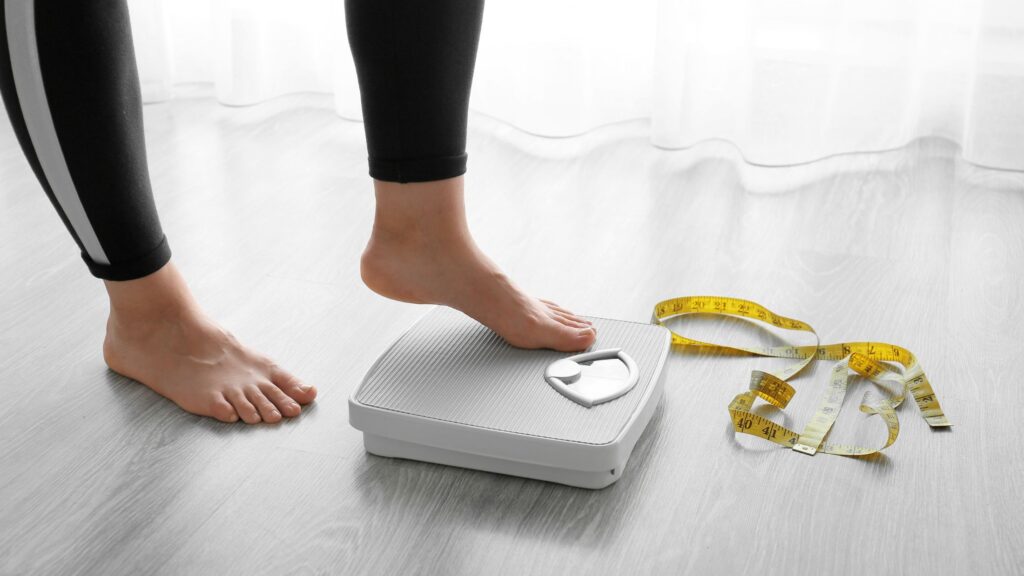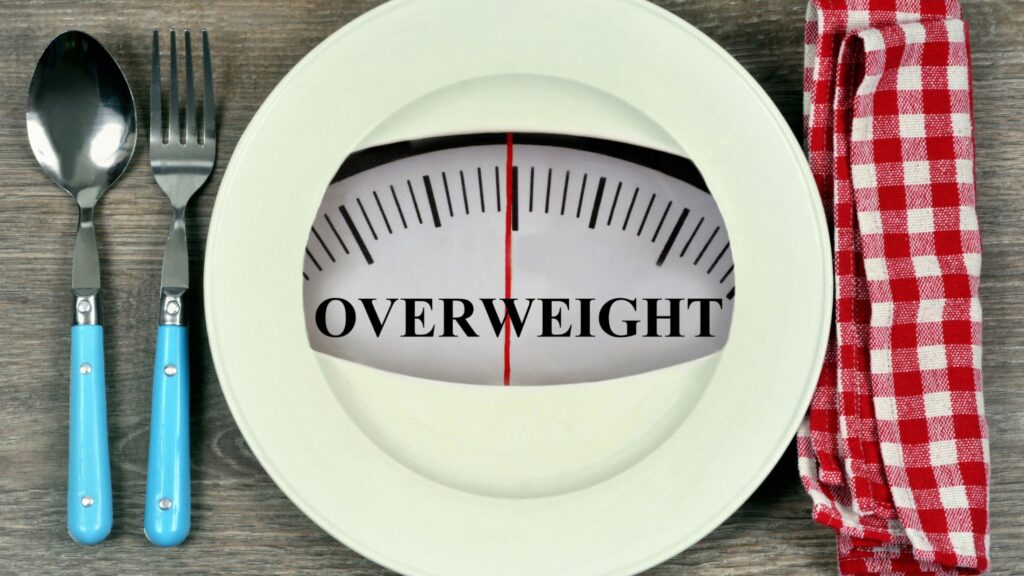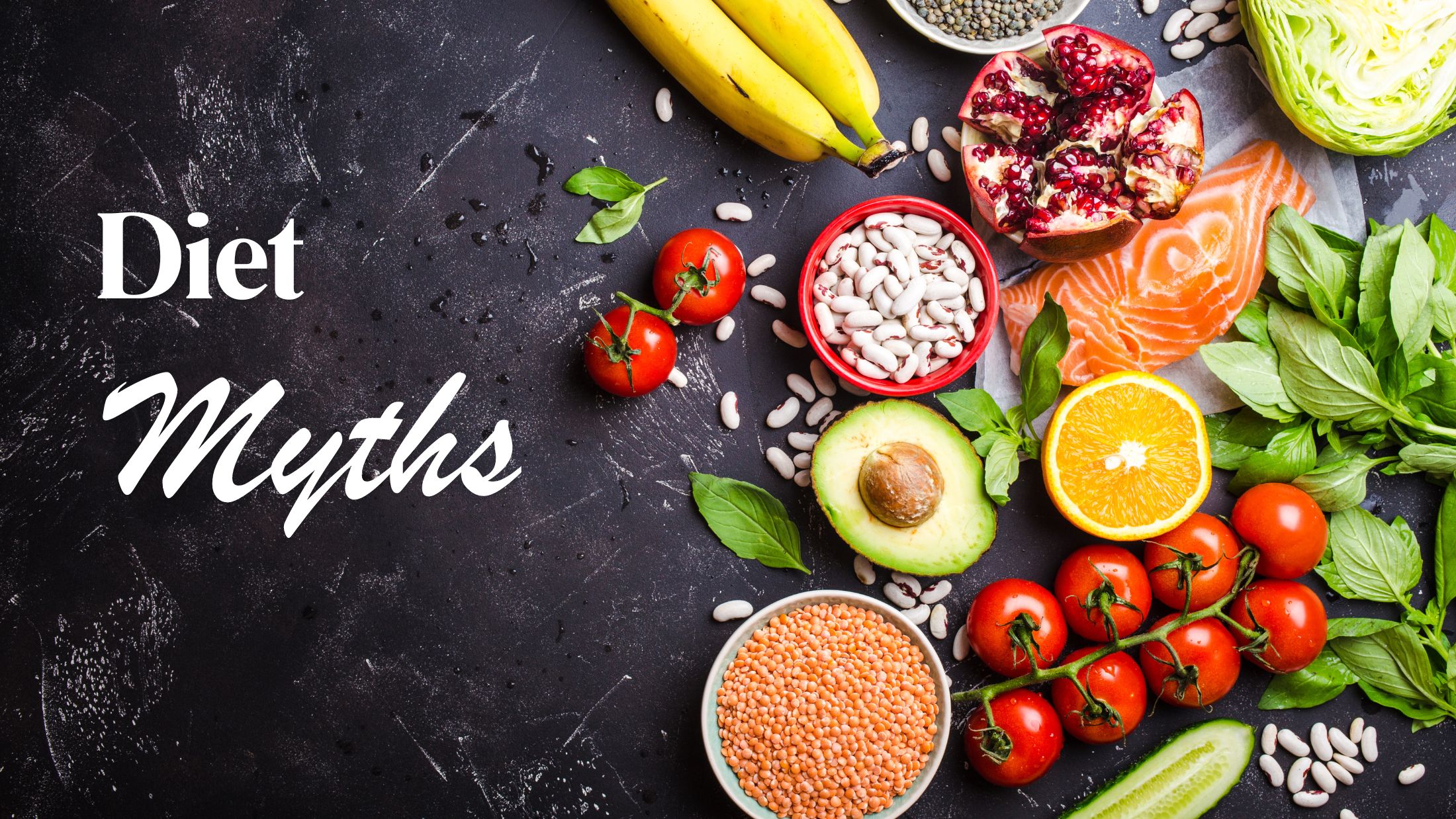We’ve all been there. Bombarded with diet advice about what to eat and what to avoid.With all this conflicting information, it’s easy to fall for diet myths that can endanger your overall health. Let’s explore some of the most common diet myths, separating fact from fiction to empower you to make informed choices for a healthy lifestyle.
Diet Myth #1: Weight Loss Diets Work (For Good)

Restrictive diets might be effective for initial weight loss. However, they’re often unsustainable for the long term. Many people end up gaining the weight back after a few years. These unrealistic plans often miss out on important nutrients you need to feel your best. They can lead to fatigue, cravings, and ultimately, yo-yo dieting.
What Works Instead: Focus on creating a healthy lifestyle you can maintain. Prioritize whole foods, portion control, and regular physical activity for sustainable results.
Diet Myth #2: You Can’t Be Overweight and Healthy

This myth is simply untrue. Taking care of your weight is important, but it’s not the only thing that matters for your health. Health depends on a variety of factors. Blood pressure, cholesterol, and activity level can all affect your health state. A study in Korean population found that metabolically healthy obese people had reduced risk of all-cause mortality. This means that weight alone isn’t the only factor in health and longevity. It’s important to look beyond weight and focus on overall metabolic health.
What Works Instead: Consult a doctor to evaluate your risk factors. They can recommend healthy habits for you regardless of your weight. Aim for gradual weight loss if needed. Focus on long-term improvements in your overall health. Feeling your best is about more than just a number on the scale!
Diet Myth #3: Calorie Counting is the Key

While calories play a role in weight management, it’s not the whole picture. The quality of the calories you consume matters more. A plate of sugary snacks might have the same calorie count as a balanced meal. But The way they work in your body is totally different. A 2019 study found that people have more calories when eating processed foods compared to unprocessed foods. This means that processed foods might make us want to eat more, leading to higher calorie intake.
What Works Instead: Instead of counting each calorie, focus on food quality. Include healthy protein, vegetables, and whole grains into your meals. Focus on a balanced diet rich in whole foods. That will keep you feeling fuller for longer.
Diet Myth #4: Carbs Make You Fat

Carbs are an essential source of energy for the body. Complex carbs are found in whole grains, fruits, and vegetables. They are a good source for sustained energy and fiber. Refined carbs, in the other hand, are found in white bread and sugary treats. They can lead to blood sugar spikes and contribute to weight gain. Recent evidence suggests that sugary foods and refined carbs might be a bigger risk for heart disease. Whole grains, on the other hand, seem to have a protective effect.
What works instead: Choose complex carbohydrates over refined ones. Include whole grains, fruits, and vegetables in your diet for sustained energy and a healthy gut.
Diet Myth #5: All Fats are Bad

Fat is crucial for hormone production, nutrient absorption, and satiety. It is important to differentiate between healthy fats and unhealthy fats. Healthy fats are found in avocados, nuts, olive oil, and fatty fish. They offer numerous health benefits. They can actually promote feelings of fullness and improve heart health.
What works instead: Avoid unhealthy fats from processed foods and fried dishes. Include healthy fats in your diet. They will increase the feeling of fullness and improve heart health.
The bottom line
By understanding these common diet myths, you can make informed choices for your health. Remember, there’s no one-size-fits-all approach to healthy eating. Choose a healthy eating style that’s easy to stick with. Focus on building a balanced diet that fuels and nourishes your body.
Listen to your body’s cues. Consult a healthcare professional for personalized guidance. Don’t be afraid to debunk diet myths that might be holding you back!




Leave a Reply